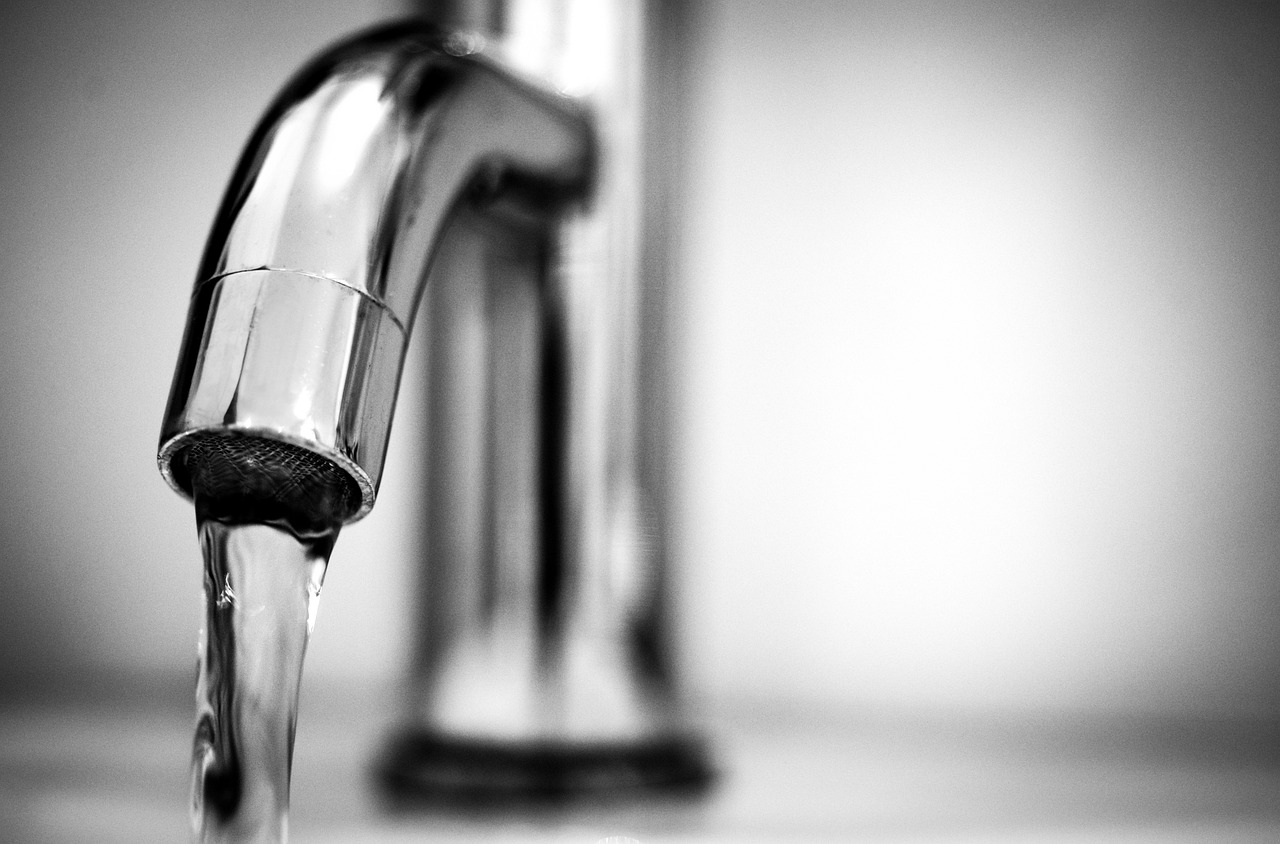How to Start Winterizing Your Plumbing Systems
As the seasons change, so too must our day-to-day behaviours. We alter the apparel we wear daily, as well as change our social behaviours as well. Most of these are necessary for life, as we all do our part to prepare for Mother Nature. The same sentiment can be applied to the incoming winter season. The winter can bring about significant changes to one’s life, from the clothes worn to how our home stands. Your home’s plumbing systems must be prepared to bear the brunt of the harsher temperatures.
Winter could pose significant harm to the plumbing in your home. The cold temperatures are unfriendly to the pipes circulating water throughout the property. They might be slow to drain, freeze midway, or even flood your home with a burst pipe. Flooding is a particularly tricky issue and can raise alarming problems in your home.
There is only so much you can do to double and triple-check your property. You may eventually find that an overlooked area in the home is causing more issues than intended. In your best interest, contact a professional for a second opinion. A plumber will be able to advise you on how to efficiently winterize your home. Every single nook and cranny will be assessed so that no stone is left unturned. Once this happens, you can take the necessary steps to winterize your home for the colder weather.
Let’s learn how to winterize your property in better detail.
Outdoor Plumbing
The summer season is full of good times and carefree activities. Each activity is fun, from playing sports outdoors to watering the lawn and hosting events. You may have some exterior utilities to do some of those latter activities. One of those has to do with your hoses.
Once the summer wraps up, and the fall gets into full swing, you will have to disconnect these items. The frigid temperatures will eventually freeze if you leave your hoses connected. This will cause numerous problems inside the fixture, which can hamper interior pipes. Cover them up to stay on the safe side of things.
Pipe Insulation
Many homes have basements that remain unfinished. This can include the flooring not being done, to having pipes exposed on the walls or ceilings. Once the winter rolls around, there can be issues affecting the pipes. That is because there is not enough insulation left on them, which can result in them freezing.
Frozen pipes are the last thing any homeowner wants to deal with, especially in the midst of winter. So, take the time to insulate them after getting some free time. A ton of insulating materials can be used to do the job effectively. They are also inexpensive, so you don’t have to break the bank!
Vent Coverings
Similar in vein to your pipes, the home’s vents should be taken into consideration as well. That is because cold air can enter opened vents and go into the more exposed areas of the property. Cold air can do much more damage than you’d anticipate; stay on the safe side by sealing them outright!
Heat Cables
After you have taken care of the essentials, there are other actions you can take to further winterize the home. Many experts often recommend purchasing a heat cable. This handy little device is as described; it is a cable that runs through the home and emanates heat.
Moreover, it regulates the temperature of each room it runs through. One of the best advantages of this is preventing pipes from freezing altogether. Sometimes, extra insulation may not cut it. A heating cable will be your next best bet is stopping the pipes from freezing.
Cabinet Doors
You may need to open your cabinet doors in the kitchen or bathroom. Allowing them to stay closed could make the pipes inside freeze quicker. Open them up, so they can remain warm!
Basement Inspection
You should also give the basement a second look when possible. Look for any cracks, or gaps, in the walls. These should always be repaired when you have the time. Cold air can easily enter through these, after all. Use the right material to properly seal them, and you will be on your way.
The Faucet
In emergencies, where the home is not adequately winterized, you may have to resort to this. Your faucet is one of the last devices you want to be frozen in a crisis. As a result, always keep it open a bit. Letting it drip will allow the water to keep flowing so that it does not freeze overnight.

